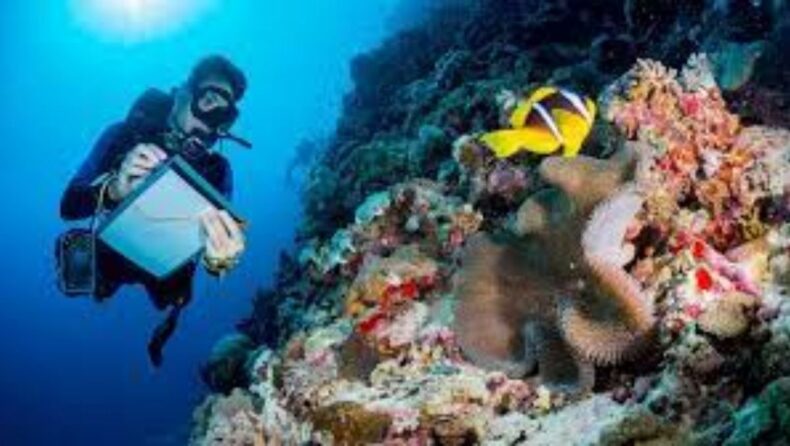The Government of India, Australia, and the Government of Singapore organized an international workshop on combating marine pollution focusing on marine plastic debris on February 14-15, the Ministry of Earth Science said on Tuesday.
The virtually held workshop aims to bring together the world’s foremost experts, scientists, a government official with policy expertise, and representatives from industry, innovation, and informal sectors.
It aims to discuss research interventions towards monitoring and evaluating marine litter and potentially sustainable solutions to address the issue of global marine plastic pollution. The Ministry of Earth science said in a press release.
The workshop had four major sessions; Marine litter problem-monitoring program and volume of research on plastic debris in the Indo-Pacific; measures to prevent plastic pollution; and polymers and plastics. Innovation and removal of plastic pollution, opportunities for regional cooperation to prevent to stop plastic pollution.
The session included panel discussions and interactive break-out sessions to encourage dialogue among the participants of the East Asia Summit countries.
The East Asia Summit is the premier forum for discussions on critical strategic issues and a key confidence-building mechanism in the Indo-Pacific. Since its formation in 2005, the EAS has advocated for regional peace, security, closer regional cooperation, and prosperity of the Asia-Pacific and the Indian Ocean.
The EAS is uniquely positioned to share expertise and lessons learned between regions and sub-sectors that are interconnected and facing similar challenges to develop sustainable transboundary solutions. EAS countries recognize the challenge of coastal and marine plastic pollution.
PM Modi had announced the agenda of promoting maritime cooperation in the wider Indo-Pacific region at the 14th EAS held in Bangkok in November 2019. India, Australia, and Singapore are committed to putting into practice the EAS decisions.
This workshop provided momentum to EAS countries for Exploring and Informing each other about the challenges, questions, and solutions to marine litter; especially plastic research, use, design, recycling, disposal, and future collaboration for a plastic-free and healthy ocean for sustainable development through a knowledge partner- The National Centre for Coastal Research(NCCR), Chennai, office of Ministry of Earth Science, the Government of Singapore and The Commonwealth Scientific and Industrial Research Organization Australia.
Dr. M Ravichandran, secretory of Ministry of Science, India, delivered the keynote address at the workshop- He suggested considering the application of technological tools such as remote sensing, Artificial Intelligence, and machine learning to map the distribution of marine plastics and to develop models to understand the dynamics of plastics in the Indian Ocean.
He also focuses that a well-designed and tailor-made management strategy taking into account the regional specificity will significantly reduce plastics in the environment.
Published by- Aashay Bhujbal
Edited by- Kritika Kashyap













